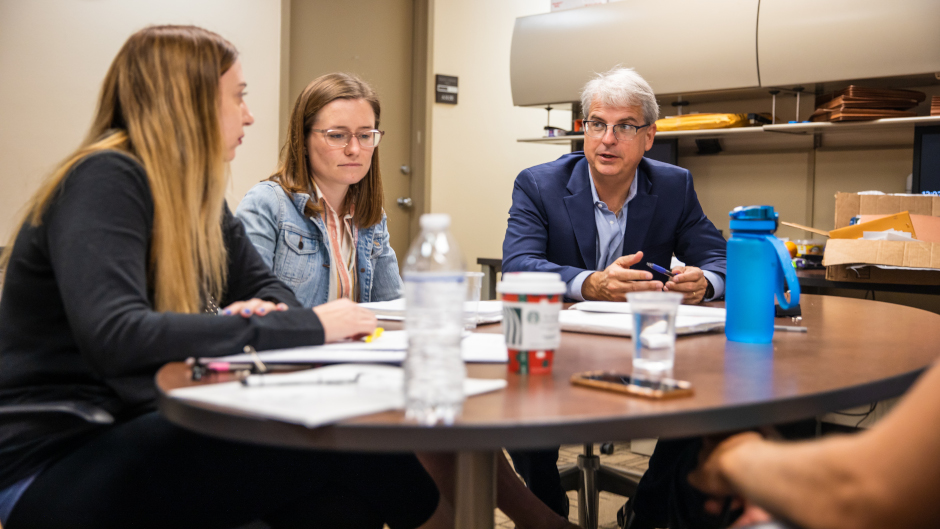The COVID-19 pandemic has not diminished the Miami Law Innocence Clinic’s quest for justice. Continuing its tireless fight to free the innocent, the Clinic recently filed a petition for writ of mandamus on behalf of its long-time client, Dustin Duty. The petition was filed asking the First District Court of Appeal to mandate that the trial judge presiding over Duty’s case rule on his motion.
The Clinic represents Duty in his quest to prove his innocence. The case involves several claims of ineffective assistance of counsel that occurred in his December 2013 trial. The Clinic has detailed evidence that the trial counsel did not call an alibi witness, did not conduct a pretrial investigation, and did not try to exclude a suggestive lineup. An evidentiary hearing in which all this evidence was presented to the court was held in September 2018. The case was fully briefed and argued as of March 2019. A motion to the court requesting a ruling was filed in January 2020 and is still pending.
The petition for writ of mandamus filed by the Clinic last week asks the First District Court of Appeal to order the presiding trial court to rule on Duty’s motion. In Florida, a judge must rule on motions like Duty’s within a reasonable time because he has a legal right to a decision on his motion.
“We decided to take this extraordinary step because Mr. Duty has been waiting for a ruling for over one year,” said the Director of the Innocence Clinic Craig Trocino. “These petitions are by their nature extraordinary requests and we do not take such a filing lightly.”
The Clinic could not operate without the dedicated work of its student interns, who have been involved in all aspects of Duty’s case from the beginning of the Clinic’s involvement in 2016.
“Drafting this petition for a writ of mandamus was a rewarding experience,” said second-year law student Mackenzie Garrity. “Writing a writ of mandamus was a first-time experience for me, and I enjoyed being able to dig into the research and the facts of the case while working on a new type of pleading.”
While drafting the petition, Garrity added up the many months the case has been with the Clinic. “I realized how many students had worked on this case before me and felt lucky to be adding to their work on behalf of our client,” she said.
On March 30, 2020, the First District Court of Appeal ordered the state to show cause why the petition should not be granted. The Clinic is awaiting that response and the court’s ruling.

